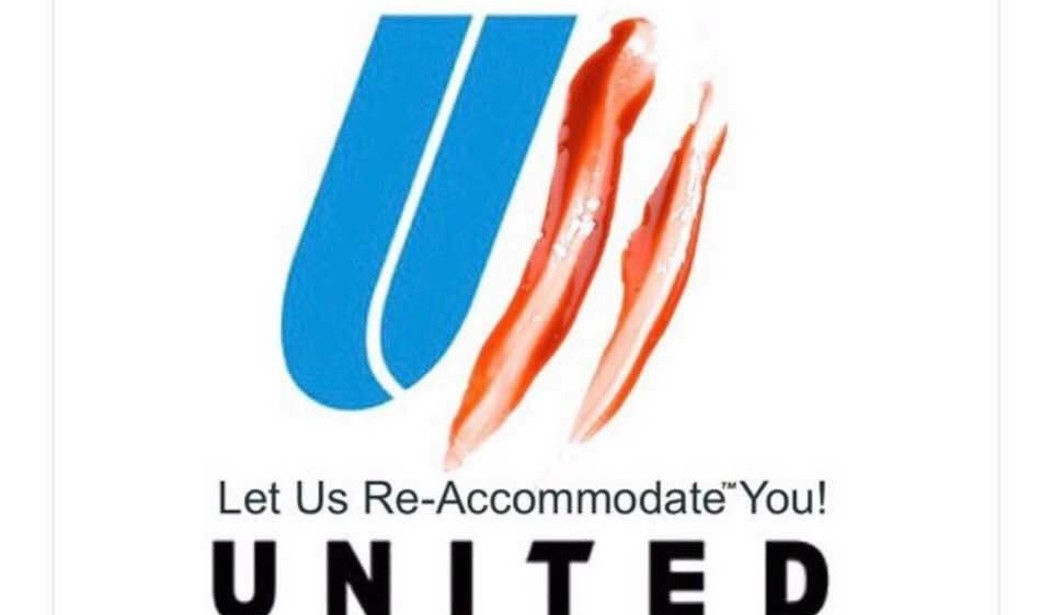This whole recent thing with United Airlines has me thinking, once again, about how big organizations act like idiots. I did an Ignite talk — which is kind of like a bush-league TED talk — about this some years ago, based on my observations with many big (and not so big) organizations that were acting like idiots. (Content warning: I say a Bad Word.)
Like all good consultants, I have a Model, mostly cribbed from others, based on two observations:
- The SNAFU principle: the farther up a hierarchy information has to travel, the more information is lost. This is because no one likes giving people bad news, so the news tends to get better the farther up it goes.
- The Peter Principle (modified): people rise in a hierarchy to the limits of their competence in rising in a hierarchy; further, the skill of rising in a hierarchy is largely independent of the skills needed to deal with actual issues.
Of course, the implication of this is something I’ve called Carl’s Corollary (for a friend and co-worker Carl Madison, who first pointed it out). Carl’s Corollary implies that most decisions are being made by people less and less competent to deal with the situation, using increasingly bad information.
Naturally, this results in bad decisions being made. The usual result is that once the bad decision has been made, someone is identified to be responsible, that person is punished, and a new policy is issued to make sure no one makes that mistake again.
This is a favored policy in the military especially, where the usual assumption is that the general orders the colonel, who orders the major, who orders the captain, who orders the lieutenant, who orders the sergeant, who orders the private.
(The U.S. military is much less like that than most other militaries, which is one reason the U.S. on average kicks butts; Special Forces operators like SEALs even more so.)
Now, my friend David Marquet, who wrote a book Turn The Ship Around that I very much recommend, saw this from the other side. He was faced with the need to bring an underperforming U.S. submarine up to snuff, so he started pushing authority and responsibility down the hierarchy, so the people who had the best information were also making the decisions. Instead of ordering his subordinates to do something, he had them tell him what they intended to do, and he’d say “go ahead,” or sometimes “no wait, wouldn’t it be better if?”
It worked great, by the way. The ship was the USS Santa Fe and it went from the bottom of the rankings to the top in very short order.
United, though, has a different scheme, clearly. They have a Book, and it Must Be Followed. No one on the ground in Chicago — at least no one in reach of the gate — had the authority to do anything but offer an $800 voucher, which just wasn’t enough. (I can relate. I used to be a “45 weeks a year” road warrior, and there were some nights where if they’d have tried to bump me off a flight home, I would have either killed someone or just thrown myself on the floor of the terminal screaming.) So they followed the Book, and when they couldn’t get Dao to leave, they followed the book again saying he was disruptive, and then the mall airport cops went all Cartman on him…
https://media.giphy.com/media/B1TMcmoBAaSZi/giphy.gif
… and the rest was history.
Now, imagine if, instead, the gate people had the authority to offer more. And the gate agents knew their primary responsibility was to make customers happy and not get bad publicity.










Join the conversation as a VIP Member